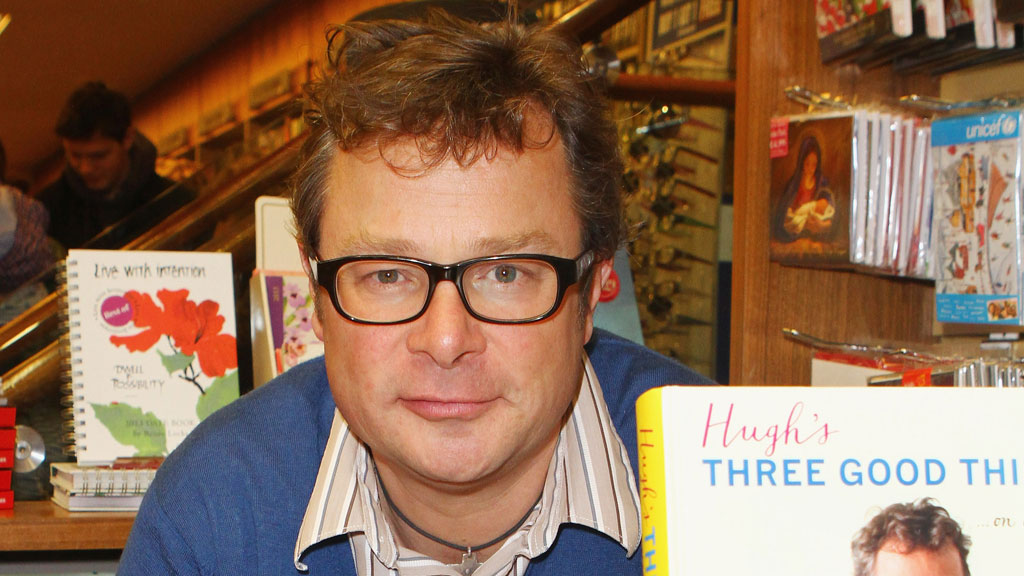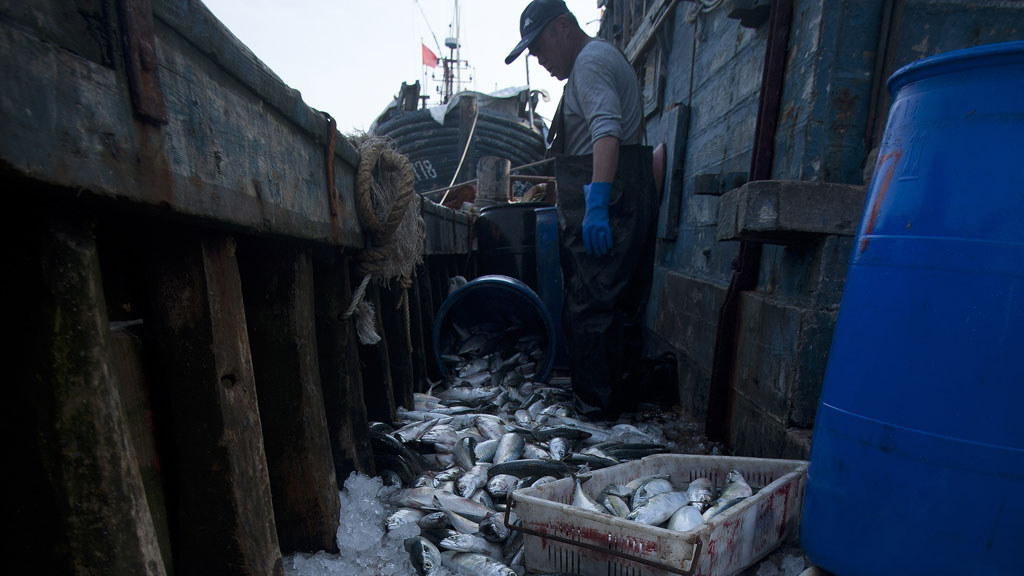Mackerel off the menu as overfishing threatens supplies
It might be good for us – but mackerel should be confined to an occasional treat. Overfishing means it has been taken off the Marine Conservation Society’s “fish to eat” list.

The celebrity chef Hugh Fearnley-Whittingstall has had to change his mind about mackerel. He had championed the oily fish, full of healthy Omega 3 oils, as part of his campaign to get British people eating sustainable fish.
As part of his “Fish Fight” campaign, chip shops were urged to sell mackerel in a bap, rather than the traditional battered cod. Sales at Waitrose soared by 20 per cent last year, compared to 2011.
But now supplies of mackerel are themselves in short supply, after Iceland and the Faroe Islands drastically increased their quotas.
“Politics and greed are getting in the way of common sense,” said Mr Fearnley-Whittingstall. “If the countries involved could agree sensible catch limits, this could still be a certified sustainable fishery.”
He has promised to use only hand-line caught fish in his own River Cottage restaurant, and other chefs have pointed out it is no longer a cheap option.
Politics and greed are getting in the way of common sense. Hugh Fearnley-Whittingstall
Mitch Tonks, who runs the Seahorse and Rockfish restaurants in Devon, with another branch in Bristol, told Channel 4 News that most places had put it on the menu for its quality as well as price.
“Only a few years ago I could walk round the auction at Brixham and see it fetch 80p a kilo: now you would see it fetch up to £5,” he said, partly due to television campaigns like Fish Fight, but also rising demand in eastern Europe.
“I have also long been alarmed at the sheer size, and how state of the art, some of the modern mackerel vessels are: millions of pounds of vessel built just to pinpoint electronically, catch and take out whole shoals of fish.”
The trawlermen had argued they were being selective, he explained, and not harming other fish stocks. “I can see now that fishing on this scale is not sustainable, especially coupled with the complications of sharing quota with other nations.”

Mackerel fishing was worth more than £205m to the UK in 2011, but the International Council for the Exploration of the Sea has now called for catches to be cut by almost half.
930,000 tonnes were landed last year, but experts say the maximum that should be brought in this year, without damaging stocks, is just 542,000 tonnes.
The situation has been made worse after Iceland unilaterally declared its quota would soar from a few hundred tonnes in 2005 to 145,000 this year. The Faroes followed suit, increasing their quota sixfold.
The Marine Stewardship Council said that the fish had begun migrating further north west, into Icelandic and Danish waters. Fisheries Officer Bernadette Clarke said: “As a result both countries have begun to fish more mackerel than was previously agreed. The total catch is now far in excess of wht has been scientifically recommended.”
Plenty more fish in the sea?
Twelve rounds of talks to resolve the “mackerel wars” have got nowhere. The European Union is now considering possible sanctions against Icelandic boats, inlcuding banning them from landing at any EU ports.
So what would make an ethical dinner? Not gunard or pollock, once touted as a sustainable alternative to cod: they are both off the “to eat” list too.
According to the MSC, white fish like coley and sole are in good supply, along with trout. Or for something more exotic, you could try swordfish – as long as it is from the south east Pacfic, rather than the Mediterranean, where stocks are low.
Frying tonight: swordfish and chips. It could be the next big thing in food.




